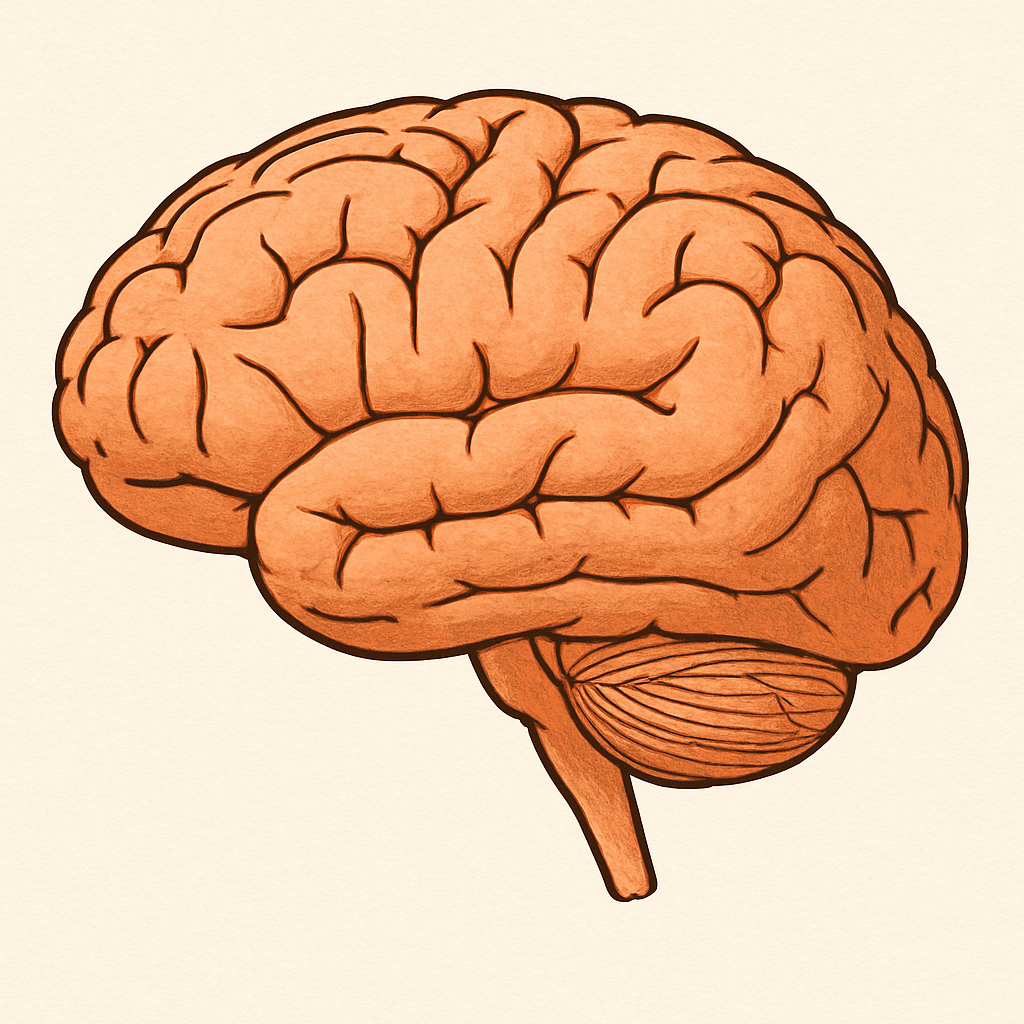
[객원 에디터 5기 / 민찬홍 기자] Germany, considered to be one of Europe’s largest economies, suffered a devastating recession, as shown by two consecutive decreases in each quarter. The recession was caused by the depleting Russian gas supplies, following the invasion of Ukraine. The economy contracted by 0.8% in the previous 6 months. “The persistence of high price increases continued to be a burden on the German economy at the start of the year” the Federal Statistical office stated. Additionally, although the office had initially stated zero growth in the first quarter of the year, the statement was downgraded, as revised figures showed that household spending was 1.2% lower than the previous quarter, and government spending was 4.9% lower. However, this recession was predicted, given that Germany has a heavy reliance on Russian energy. Prices increased on household necessities, such as food, clothing, and furniture, causing consumers to become reluctant on spending their income on the overpriced goods, signifying a hyperinflation.
German Chancellor, Olaf Scholz stated that the outlook of the economy was “very good”, due to the measures the government has taken to expand renewable energy production, and international trade. However, senior Europe economist at Capital Economics Franziska Palmas forecasted a shrink in German output in the third and fourth quarters. Natural gas prices have continuously fallen and decreased, and now stay at levels seen in late 2021. European energy prices were also already rising due to Russia’s invasion of Ukraine in February last year, while Moscow ceased gas trade, which forced Germany to declare an emergency. Private sector investments and exports rose, however not enough to save Germany from its recession. In august, Russia closed their Nord Stream 1 pipeline, which was Germany’s main source of Russian gas due to maintenance – its closure was extended indefinitely. However, survey data showed that business activity in the country expanded again in may, even with a sharp downturn in its manufacturing sector. Although no further decrease in business activity is evident, there were no strong signs of recovery.
The German Central Bank, the Bundesbank, expects the economy to grow slowly from April to June, and a slight increase in consumer spending, however there is a chance that the German GDP will fall in the coming years. The IMF predicted that Germany will be the weakest economy of the world’s advanced economies. Higher interest rates are expected to persistently affect consumption and investment. A latent economic issue faces the German government and economy, which raises doubts for the future of the country.
Sources: CNN, BBC





